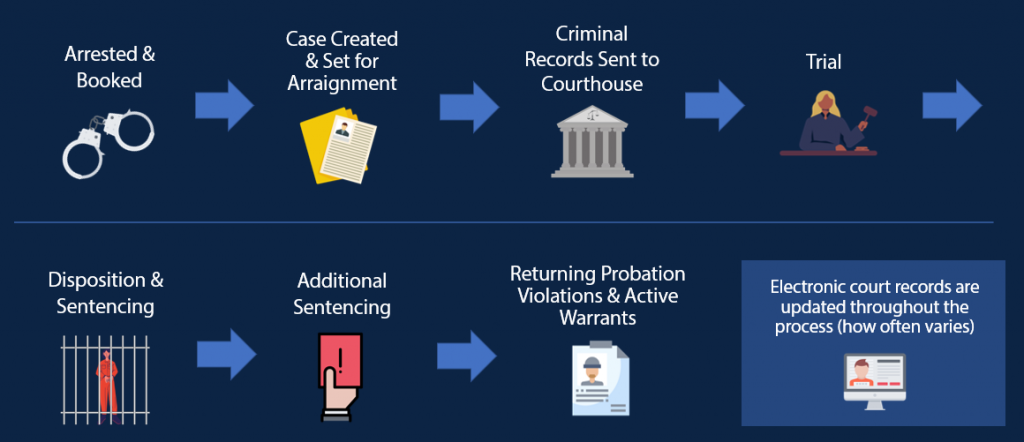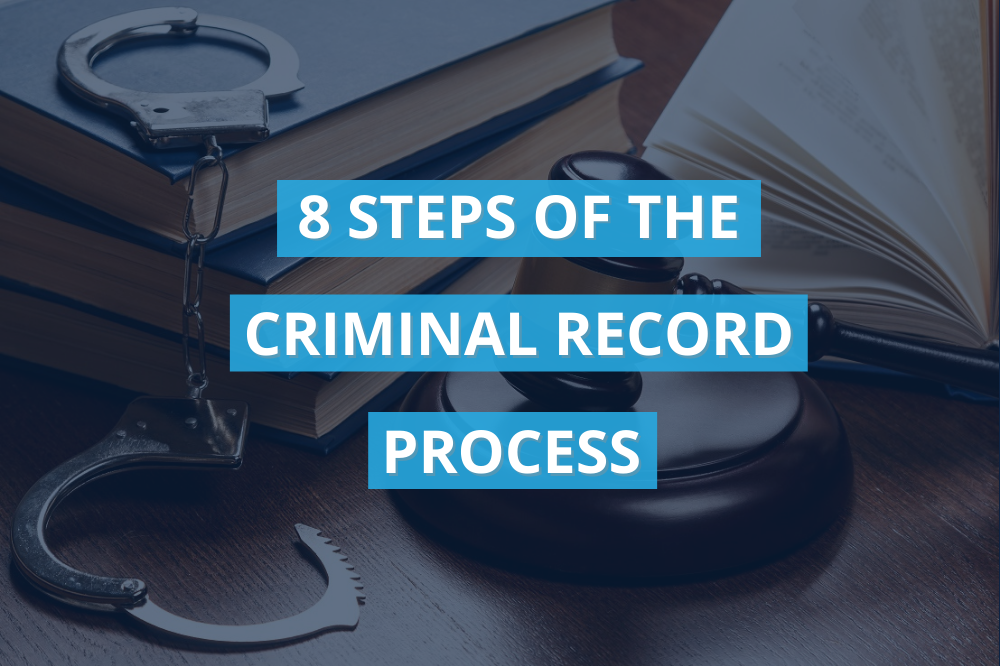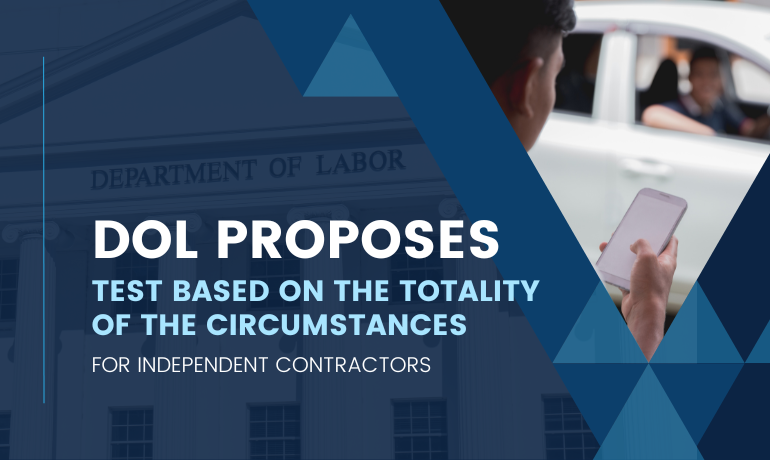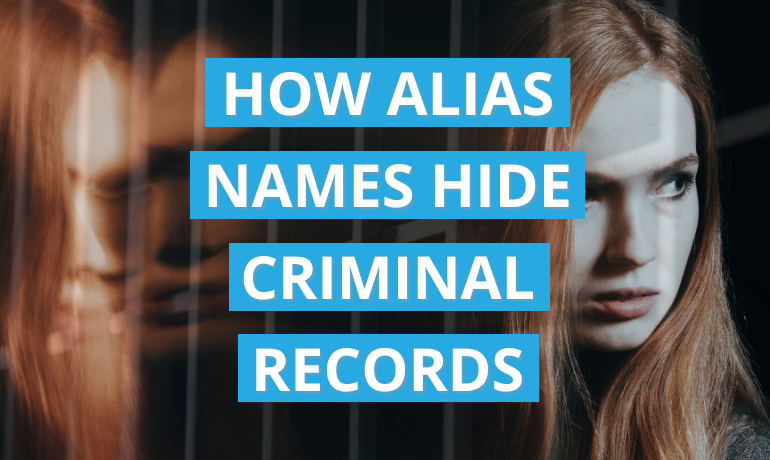The criminal record process is a long course of specific procedures, made only more complicated by differing state and county proceedings. That’s why we have broken down the process into eight easy to understand steps!
1. Arrested & Booked
The first step is the criminal record process is an arrest is made and the subject is booked.
2. Case Created & Set for Arraignment
Once the subject is booked, a case is created and set for arraignment where the formal charges are listed, and the opportunity for the defendant to plea (guilty, not guilty, no contest). If it is a felony case, arraignment can be delayed until the grand jury has chosen an indictment, or not. This is when the filing date is set on the criminal reports.
3. Criminal Records Sent to Courthouse
The criminal records are sent to the courthouse following arraignment. Courthouses are required by law to file criminal records in a timely manner, but even that can vary, as it can be vague on how ‘timely’ is interpreted. The criminal records are typically available on public websites and pay sites once the case has been filed, and the proceedings opened. For jurisdictions where there are no public websites, or public access terminals at the courthouses, the criminal records are filed at the clerk’s office and only available from the clerks themselves.
The courthouses that records are sent to varies. There are state repositories for some criminal records, and other records are kept on the county level (with different levels of certain crimes kept at certain courts – municipal/district/circuit, etc). The records are filed and stored at the county where the crime took place and is being adjudicated. Some states do pull all records into a central state repository, but typically they’re found at the county level, and at the court which is presiding over the case.
The criminal records are entered and stored in each county’s computer systems. Some are made readily available via public access terminals, or websites (free, pay, subscription). Others are clerk jurisdictions, where most of the process is in the clerks’ hands to retrieve and provide the cases. Older cases, often seven or ten plus years, are often archived as hard copies, and have to be retrieved by the clerks, often with additional fees.
4. Trial
The process can differ from state to state, but generally trial is set after the criminal records are sent to the courthouse. At trial, the prosecutor can choose to amend the charge(s) down, particularly if there is a plea agreement. Or on rarer occasions, the charge can be amended up, if the defendant is a multiple time offender. True Hire only returns the final, amended charge, where applicable.

5. Disposition & Sentencing
The trial is concluded when a verdict/disposition is reached; this is referred to as the disposition date. The disposition is either a conviction, non-conviction, or a deferral program (deferred, adjudication withheld, first offender program, etc), and the defendant is sentenced.
6. Additional Sentencing
Further sentencing can be issued at a later date, if the defendant violates their probation, parole, or supervision. In the case of deferrals, violations can result in the deferral being revoked, and the disposition being changed to a conviction.
7. Returning Probation Violations & Active Warrants
True Hire does due diligence on returning probation violations from within the scope of the order, and any active warrants that exist.
8. Court Record Updates
Electronic court records are updated throughout the criminal record process, but how this occurs varies depending on the state and/or county. Typically criminal records are updated by the clerk’s office, but in some states, pending cases/deferred cases are updated by the district attorney’s office. How quickly and accurately the records are updated for the public varies widely. For instance, some are updated nearly every day, and proceedings logged in the docket. Others might have pending cases with no updates for extended periods of time, and the court must be called, or a vendor may have to send a court runner for updates that haven’t been made available to the public yet.
Let us know if True Hire can help!
We hope this helps you have a better understanding of how the criminal record process works. If you have any questions about this process or how it affects your background checks, feel free to speak with one of our friendly experts at True Hire! Give us a call at 800.262.7301 or email us.




